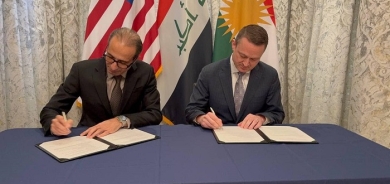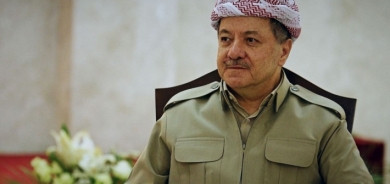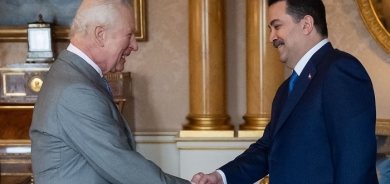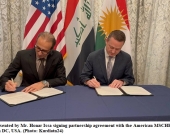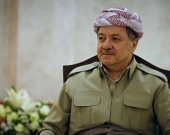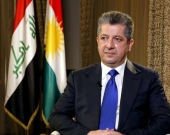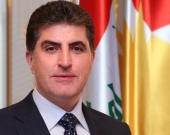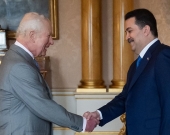Assad’s solution to Syrian conflict: striking ‘terror with iron fist’

In a rare speech broadcast on Syrian state television late Sunday, President Bashar al-Assad said the crisis in his country could only be solved by striking terror with an “iron fist.”
“No solution can be reached with terror except by striking it with an iron fist,” Assad said.
“I don’t think that any sane human being would think that terrorism can be dealt with via politics,” he added.
“There may be a role for politics in dealing with terrorism pre-emptively,” said Assad, adding that as soon as “terrorism” has arisen, it can only be struck out, according to AFP.
In his 45-minute address, the president also dismissed the political opposition to his regime as a “failure,” adding that could play no role in solving the country’s conflict.
“This opposition is not reliable ... and it has no role in solving the crisis,” Assad said.
He accused the Syrian National Coalition of “being on the payroll of more than one Gulf country,” and of “blaming the (Syrian) state for terrorism rather than blaming the armed men,” or rebels.
He meanwhile stressed the need for the army to fight on against the rebellion.
“It is true that there is a battle being fought in the media and on (the Internet), but the crisis will only be solved on the battlefield,” said Assad.
He also said that any efforts towards a political solution should be combined with continued military operations.
“There cannot be any political efforts or political progress if terror is striking everywhere. Therefore terror must be struck in order to get the political process moving on the right track,” Assad said.
“That does not mean that there cannot be parallel tracks. There is no reason why we shouldn’t strike terror while at the same time working politically,” he added.
The regime has unleashed a brutal crackdown against dissent, while systematically labeling dissidents and rebels as “terrorists,” since a widespread protest movement calling for political change in Syria broke out in March 2011.
Assad refuses recognize the existence of a popular revolt.


